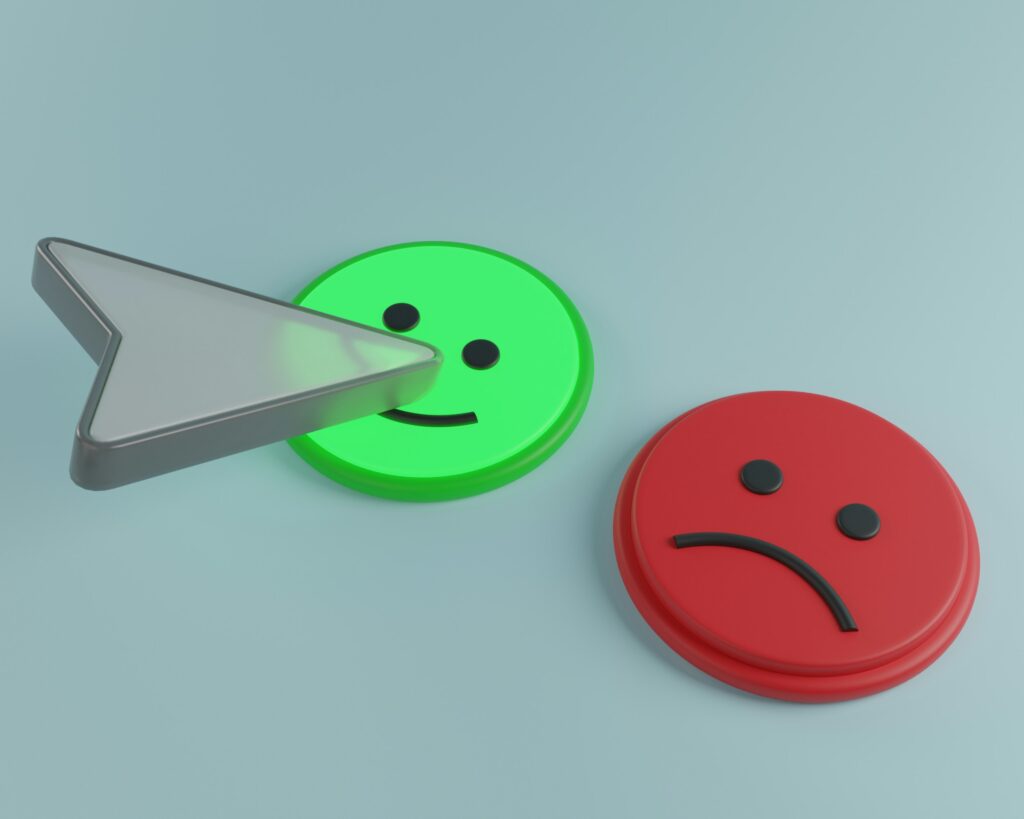What is and isn’t self-care?
I have been noticing a cultural turn against the term “self-care” lately, especially online. I just came across a meme that was representative of this attitude. It was mocking self-care as a response to the news about the ongoing war in Ukraine. It implied that everyone should spend every waking moment organizing, thinking, worrying, and praying about the crisis and framed doing self-care in response as a frivolous, selfish, purely capitalistic reaction. Implying that it would involve indulgent spa days, charcoal face masks, and bath bombs.
The meme is not representing what therapists mean by “self-care,” but it is not wrong because it reflects the truth that the psychological term “self-care” has been co-opted by marketing teams and conflated with buying things. It is important to remember that as we are bombarded with stress about events like the Ukrainian humanitarian disaster and the other ordeals in our lives we need to take time off, disengage and distract for the sake of our mental health.
Having a self-care routine has been clinically proven to reduce or eliminate anxiety and depression. It is a necessity, not a luxury. Planned breaks from stress of course do not have to involve purchases of any kind or even leaving home. When I tell my clients who are experiencing anxiety and panic attacks to increase their self-care I am not telling them to get a facial or a pedicure and in truth, they often misunderstand and tell me that they will try to find the time and money to take a yoga class or make an appointment for a facial. My point is, however, that the emotional energy that they give to their loved ones, their jobs, in addition to their own anxiety and rumination is overwhelming and exhausting. It is harder to fight back against anxiety or panic when you are worn out or burned out.
Taking “me-time”
They need to rest and recharge, and taking “me time” is the way to do it. Because of the toll anxiety takes on them, I usually tell my clients that I need them to do three things for self-care every day, and we work together to come up with examples of things that they would like to do, not shoulds like cleaning or working out. Self-care does not have to be time-consuming or costly. The first thing that my clients and I do is look for things that they used to do for fun and enjoyment but have been lost due to work, family responsibilities, or mental health issues. Finding activities that they used to lose themselves in or that made them happy in the past is a difficult task for almost all of my clients. Sometimes we have so much trouble generating ideas in a session we make it homework for the next session.
Making time for what makes you happy
Remembering the things that fed your soul in the past can require some pondering. Another angle I try when we are generating self-care ideas is to ask clients about things that they have always wanted to do. Many people have put activities and pursuits on the back burner, so to speak, because the business of life, work, and family has taken over. I ask them to think about some of the things that have made them say, “I would like to try that,” and put them on their list. It could be dancing, writing poetry, painting, working with clay, woodworking, or juggling. Gently including these activities in your life definitely is self-care.
Easy self-care ideas anyone can do
Some free and simple self-care ideas that require only things you have around the house are: listening to music
- planting seeds or picking flowers
- talking to a friend
- taking a nap
- having a cup of tea
- drawing a picture
- fixing something
- reading a book
- playing with a pet
- sitting in the sun or walking in the rain and splashing in puddles
Find what works for you!
Of course, different activities work for different people. I ask my clients about their self-care activities every week in session to make sure that they are being intentional about creating time for themselves and that they have found activities that are rewarding. Although the idea of self-care has been somewhat tainted by efforts to monetize it for the gain of beauty salons and fitness centers, Self-care is not a purchase, it is merely any way you find to switch off and prioritize yourself several times a day.
Final thought
Taking time to recharge your emotional energy, especially for those who are taxed with anxiety and rumination, is immensely important for both their physical and mental well-being. Self-care is not selfish.



